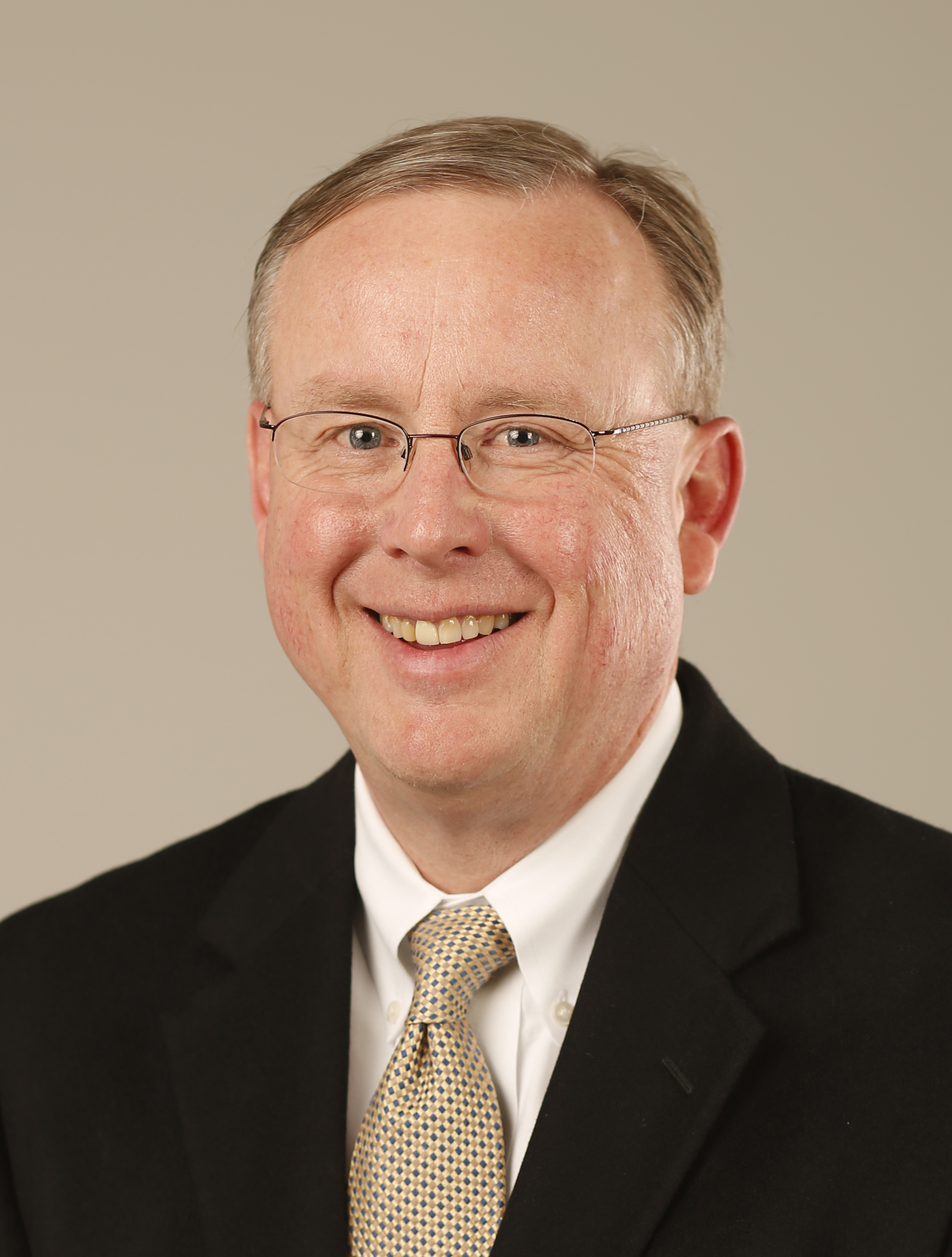For a generation of young people who came of age using Snapchat - the digital equivalent of disappearing ink - conducting an interview for the ages with a tape recorder and a legal pad is old-school awkward.
Yet, dozens of students at area universities - including the University of Tennessee at Chattanooga, Southern Adventist University and Covenant College - have been doing just that as part of an ambitious oral history project.
They want to interview up to 200 Chattanooga women to document local history from the last 100 years. The effort began in 2014 as an outgrowth of the Chattanooga Mayor's Council for Women and has been called the "Telling HerStories" project.
Leaders of the HerStories project worked hard to include the voices of African-American women in the archive, and they account for about 30 percent of the interviews, said Dr. Susan Eckelmann Berghel, a UTC assistant professor of history and chairwoman of the oral history committee.
"We wanted the collection to empower future generations of women," said Dr. Berghel. "We wanted to get a robust collection with a range of different communities."
The collection already provides a rich trove of about 100 audio recordings curated in the special collections department of the UTC Library. Anyone can go online and listen.
» Hear Autumn Graves, head of school at Girls Preparatory School, talk about her mentors and family influences.
"I came from a line of very capable women," she shares.
» Or listen to Chattanooga City Councilwoman Demetrus Coonrod tell about her journey from teen motherhood to city hall.
"I was like, 'You know what? I just don't want this to be my demise. I want to do better. I want to do something different,"' she says of her life path.
» Meanwhile, Ernestine Hall talks about what it was like to live in a racially segregated Chattanooga in the 1960s.
"My earliest memory of Chattanooga is the segregation. ... We had to ride on the back of the bus, and there was a white section and a colored section. If the white section was filled, they could go into the other section, but if the colored section was filled, we had to stand up," she says in her interview.
Preparation for the project took about two years, Dr. Berghel said, and once the list of potential interviewees was drafted a sense of urgency set in. Several of the women were elderly, she noted.
Students had to learn to conduct face-to-face interviews, a skill in decline in today's high-tech, low-engagement world.
"The students were very nervous to engage community members," Dr. Berghel said. "In the world of texting and social media, there were barriers. But in the end, the students realized that they got to meet amazing people.
" ... Many of the students don't ordinarily get beyond campus. This was a way for them to get off campus and learn about Chattanooga."
To get involved with the oral history program or suggest a person to be interviewed for the project, contact Dr. Berghel at Susan-Eckelmann@utc.edu.
To suggest a human interest story, contact Mark Kennedy at mkennedy@timesfreepress.com or 423-757-6645.
